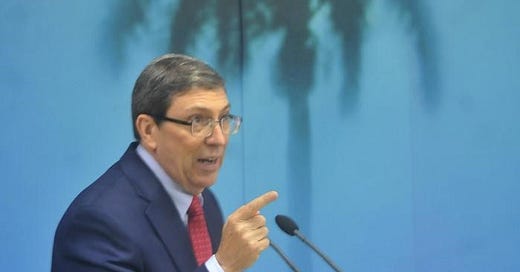It is said that truth is the first casualty of war. It could be further said that any nation that is permanently at war can become so habituated to inventing untruths that it risks losing the capacity to discern the true from the false, and may even lose the capacity to know how to discern the true from the false. Such a nation would be incapable of defending itself and its people from threats to its wellbeing.
This may apply to the United States today, for it has been at war, in one form or another, since 1941. Even before that time, the nation had become accustomed to constructing fictions, defending its imperialist projections on the basis of a false narrative that defined its spectacular economic ascent as based entirely on a work ethic and a capacity for commerce and technology, and having nothing to do with conquest and colonialism. With the emergence of the Cold War, the government falsely presented the Soviet Union as expansionist, in order to promote the milita…


